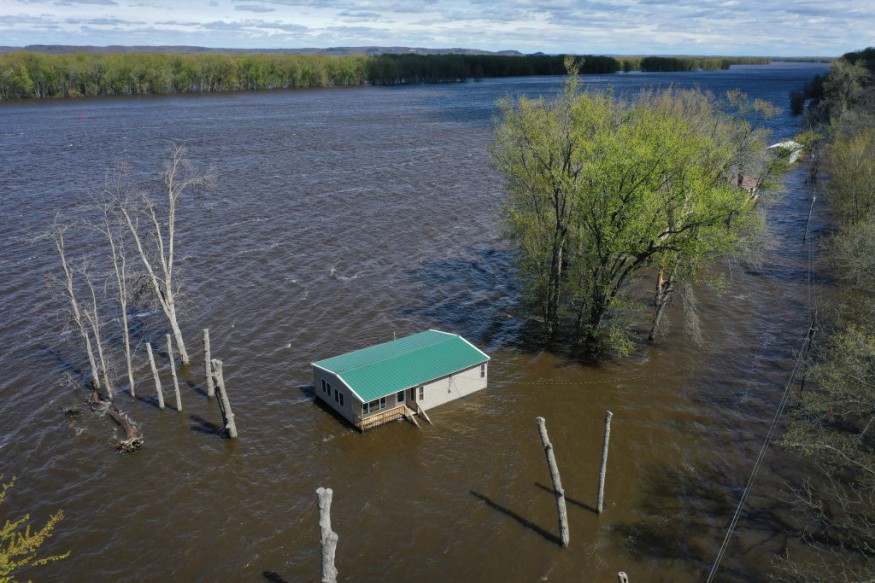
A surge of saltwater is feared to infiltrate treatment plants in New Orleans, which can later pollute the drinking water of thousands of residents in the area.
Authorities said that this incident could have an adverse effect to 20 percent of the state.
Officials said that millions of Louisiana residents are at risk of having possible drinking water crisis because the saltwater from the Gulf of Mexico is feared to contaminate the freshwater supply.
Read Also : Research Investigate the Influence of Chemical Compounds Released by Corals Into Saltwater
Threat to drinking water
Louisiana Governor John Bel Edwards earlier warned that the saltwater intrusion could threaten the quality of drinking water for those areas that have water intakes along the Mississippi River where intrusion occurs.
Edwards, however, said that no parishes upriver from Plaquemines Parish are likely to see any change in their drinking water until the middle to late October.
The official also said that water systems would eventually be affected including St. Bernard, Orleans and Jefferson parishes. He also requested a federal emergency declaration for four parishes: Plaquemines, St. Bernard, Jefferson and Orleans.
The saltwater intrusion is seen to have serious consequences due to the fact that many local water treatment facilities are ill-equipped to handle high salt content, which can corrode pipes and pose health risks when consumed.
To address the possible effects to residents, Edwards held a modified Unified Command Group (UCG) meeting in New Orleans to discuss the update on the saltwater intrusion threat that continues to grow in the Lower Mississippi River region.
In the meeting, he was joined by several parish presidents and officials from the Governor's Office of Homeland Security and Emergency Preparedness (GOHSEP), the Louisiana Department of Health (LDH) and the US Army Corps of Engineers (USACE).
The USACE already constructed an underwater barrier sill in July 2023 to create an artificial basin that will help delay the ingress of saltwater.
Meanwhile, the upriver intrusion of saltwater from the Gulf overtopped the sill's existing elevation.
The governor said additional work would also be conducted to further delay an increase of the intrusion of the saltwater.
Cause
According to the National Weather Service Mississippi River forecast, the river volume will fall to historic lows over the next several weeks.
As an adverse result to this, the salt water from the Gulf of Mexico is intruding upstream.
Experts said that the Plaquemines Parish has been affected by this issue since June. Further, drought conditions have only gotten worse since that period and that means additional communities along the Mississippi River could be impacted.
They also observed that there is not enough freshwater flowing down the Mississippi River after months of extreme heat and low rainfall.
Exceptional drought, which has been considered as the worst category, has spread across parts of Louisiana and Mississippi.
This year has so far been dubbed as the hottest on record for both states, according to the recent figures that was released by NOAA dating through August.
Extreme drought is also present upstream, where a lot of the river's water originates: Minnesota, Wisconsin, Iowa and Missouri, according to the US Drought Monitor.
Related Article : Mississippi River Suffers from Low Water Levels Due to Prolonged Drought, Dry Conditions
Related Video:
© 2025 NatureWorldNews.com All rights reserved. Do not reproduce without permission.





